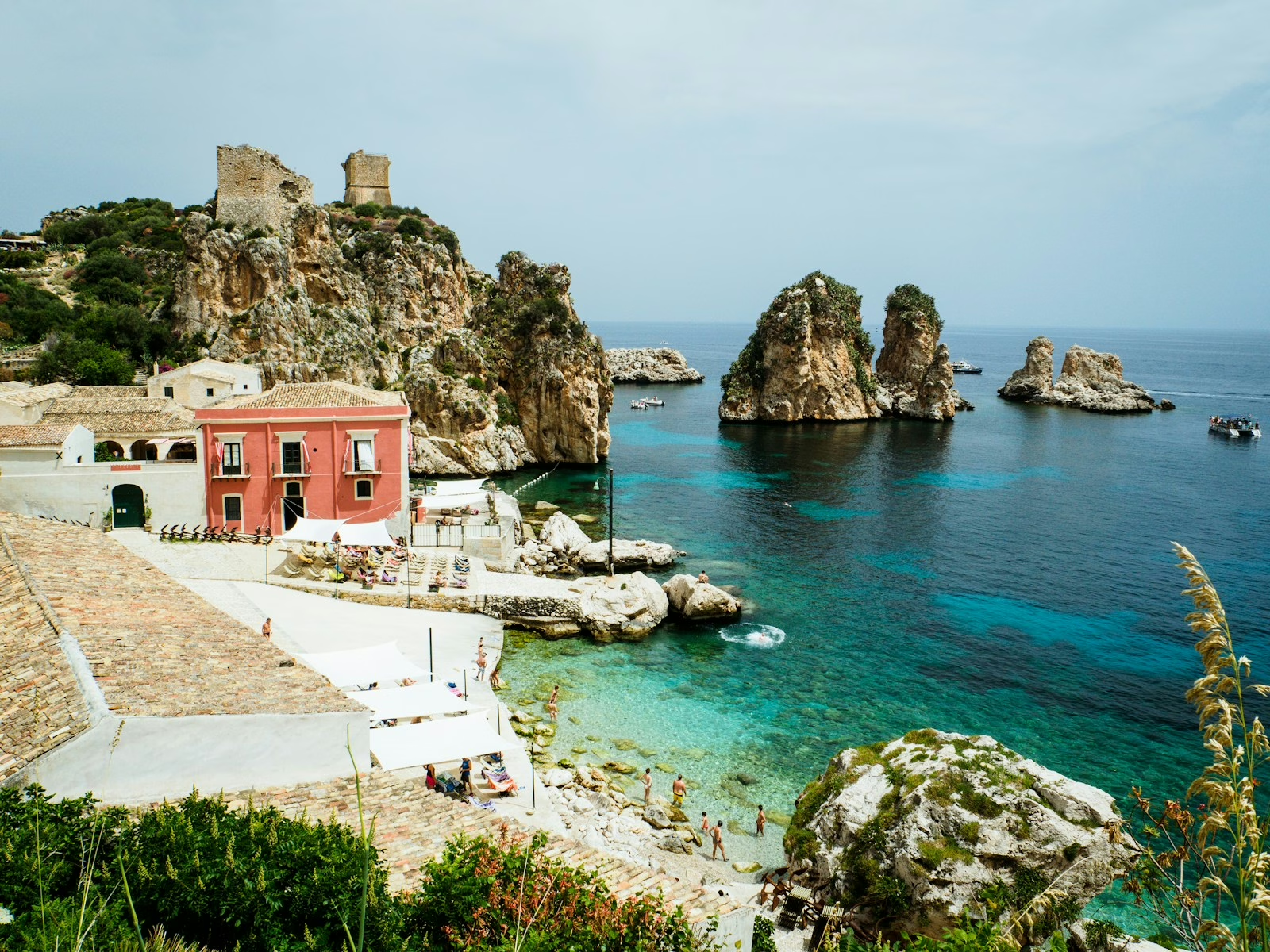The dream of owning a home under the Mediterranean sun is more accessible than ever for international investors. Spain, Greece, and Italy attract not only with their culture and nature but also with property investment opportunities. A key element in this process is financing. While the Dubai market has its own specifics, European destinations present different conditions, advantages, and challenges. This article offers an in-depth comparative analysis of the conditions for obtaining a mortgage for foreigners in the three most desirable Southern European countries.
Contents
Understanding local banking practices is the first step towards a successful transaction. The legal framework within the European Union simplifies procedures for EU citizens, but each country has its own requirements regarding down payments, interest rates, and necessary documents. Proper preparation and knowledge of these details can save you time, money, and unexpected obstacles on the way to your new property. Whether you are looking for a holiday apartment or an investment for rental purposes, securing a mortgage for foreigners is a completely realistic goal.
Mortgage in Spain: The Mature Market
Spain is perhaps the most developed and competitive market for mortgages for foreigners. The large number of foreign buyers has prompted banks to create specialized products and procedures, making the process relatively clear and standardized.
Loan-to-Value (LTV) and Down Payment
For non-resident foreigners, most banks finance between 60% and 70% of the lower of the sales price or the bank’s valuation of the property (Loan-to-Value – LTV). This means buyers must have a down payment of 30% to 40% of the property’s value, plus an additional 10-15% to cover taxes and transfer fees. That’s why it is crucial to know what to check before a property deal in Spain to be fully prepared.
Interest Rates and Conditions
Spanish banks offer both variable and fixed interest rates.
- Variable Rates: Typically linked to the Euribor (the Euro Interbank Offered Rate) plus a fixed margin. As of mid-2025, they can vary but often start from Euribor +1.0% to Euribor +2.0%.
- Fixed Rates: Offer the security of a constant payment for the entire or a specific period of the loan (e.g., 10, 20, or 25 years). Rates for non-residents are often in the 3.5% – 5.0% range. The loan term is usually up to 20 years, and the borrower’s age must not exceed 75 at the end of the term.
Banks Working with Foreigners
Most major Spanish banks are experienced in working with international clients. Among the most active are Santander, BBVA, CaixaBank (through its HolaBank brand), and Sabadell. They have English-speaking staff and clear procedures for non-residents.
Mortgage in Greece: Opportunities for Growth
Until recently, the Greek market was more conservative, but the growing interest from foreign investors is causing more banks to open their doors. Getting informed on how to buy property in Greece is an excellent first step.
Loan-to-Value (LTV) and Down Payment
Greek banks are slightly more cautious than Spanish ones. For non-resident EU citizens, banks like Eurobank and Alpha Bank offer financing up to 70% of the property value, but a range of 60-65% is more common. This requires a down payment of at least 35-40%. It’s important to note that banks almost never finance off-plan properties.
Interest Rates and Conditions
Interest rates in Greece are competitive. Eurobank, for example, offers a mortgage for foreigners with a fixed rate for an initial period (3, 5, 10, or 15 years), with rates starting from around 3.5% and reaching up to 4.5% for longer periods. After the fixed period, the rate becomes variable, based on the 3-month Euribor plus a margin. The maximum loan term for non-residents is typically shorter, up to 15-20 years.
Requirements and Necessary Documents
The process in Greece requires proof of stable and regular income. Banks will conduct a thorough check of your income, existing debts, and credit history in your home country. Obtaining a Greek tax number (AFM) and opening a bank account in the country are mandatory.
Mortgage in Italy: Challenges and Specifics
Italy offers incredible opportunities, but obtaining a mortgage for foreigners can be more challenging compared to Spain and Greece. The process is not as standardized and often depends on the specific bank branch and employee.
Loan-to-Value (LTV) and Down Payment
Typically, Italian banks finance between 50% and 60% of the property’s value for non-residents. This means you will need a substantial down payment of 40% to 50%. In rare cases and with a very strong financial profile, a higher percentage may be negotiated. For this reason, you should be aware of what documents you need to buy a property in Italy to plan your budget correctly.
Interest Rates and Conditions
Despite the higher down payment, interest rates in Italy can be very attractive. Both variable and fixed rates are available and can be lower than those in Spain or Greece. However, banks are very strict about the debt-to-income ratio – typically, your monthly liabilities (including the new mortgage) should not exceed 30-35% of your net monthly income.
Banks and Procedure
Major banks like Intesa Sanpaolo and UniCredit do lend to foreigners, but a more personalized approach is often necessary. Using the services of a mortgage broker specializing in international clients is highly recommended. They can direct you to the right bank and assist with preparing the documents.
Comparative Analysis and Key Takeaways
| Parameter | Spain | Greece | Italy |
| Max. LTV (Non-Residents) | 60-70% | 60-70% | 50-60% |
| Required Down Payment | 30-40% + fees | 30-40% + fees | 40-50% + fees |
| Typical Rates (Fixed) | 3.5% – 5.0% | 3.5% – 4.5% | 3.0% – 4.5% |
| Max. Loan Term | 20-25 years | 15-20 years | 20-25 years |
| Process Complexity | Low | Medium | High |
Conclusion:
- Spain is the most accessible and predictable market for obtaining a mortgage for foreigners, offering a good balance between financing percentage and clear procedures.
- Greece is developing rapidly and offering increasingly better conditions, making it highly attractive for international buyers.
- Italy requires the most significant upfront preparation and higher equity but can reward patient investors with very good interest rate conditions.
Ultimately, the choice of destination depends on your financial capabilities. Regardless of where you decide to invest, thorough research is the key to securing the best financing terms. For up-to-date information on interest rates in the Eurozone, you can refer to official data from institutions like the European Central Bank (ECB).
You might also like:
- Dubai 2040: The Complete Guide to the Future of the Emirate’s Property Market
- Turkey’s Real Estate Market in 2025: An Analysis of Risks, Stability, and Forecasts
- How to Choose a Reliable Property Management Company in Dubai: A Complete Investor’s Guide
This post is also available in: Български







